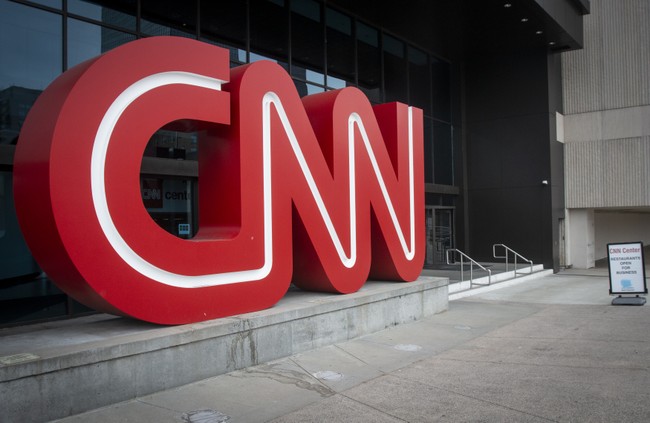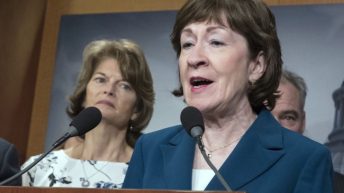The Schumer Shutdown has stretched into its 28th day, and political maneuvering is producing surprising poll movement: Democratic leaders are openly treating the shutdown as leverage, yet recent polling shows Republican standing improving while Democratic performance on the generic Congressional ballot sits at a troubling low for a party defending the White House in midterms.
The shutdown is still dragging on and no end is in sight. Democrats have repeatedly voted against reopening the government, and House Minority Whip Katherine Clark (MA-5) candidly said the shutdown was about “leverage.” That admission framed the dispute as a political tool rather than a policy crisis to be solved for the public.
The optics are stark: forcing federal departments to pause operations while describing the move as leverage looks callous to many voters. That appearance has real consequences in public opinion, which is shifting in ways Democrats likely did not intend. The political fallout now shows measurable gains for Republican messaging about standing firm.
Critics argue this approach proves a willingness to harm ordinary Americans to score points with the party base. Observers on television and in polling rooms have flagged how a strategy aimed at satisfying the left flank may be alienating independents and creating rifts within broader Democratic coalitions. The calculation to leverage pain for policy gains is a risky bet during an election cycle.
Senate Minority Leader Chuck Schumer appears to be trying to appease the more progressive elements in his caucus, possibly to blunt primary threats from the left. Some suggest figures like Rep. Alexandria Ocasio-Cortez are pulling the party toward confrontational tactics. Whatever the motive, the strategy seems intended to show toughness, not compromise.
That stance might satisfy activists, but the numbers aren’t aligning with long-term political advantage. CNN senior data analyst Harry Enten broke down recent poll results and highlighted some striking shifts in party perceptions. When anchors asked what level of “political pain” would end the shutdown, Enten’s take made it clear the effects are unexpected.
CNN anchor John Berman posed the question about necessary pain, and Enten reported the GOP brand has actually risen two points since the shutdown began. He also said the Congressional GOP number has risen five points, suggesting Republicans are benefiting from how the fight is being framed. Those are tangible, measurable upticks that matter heading into the midterms.
Enten pointed out approval among the Republican base is up 12 points, indicating GOP voters reward a posture of toughness. Independents have also moved, with approval of Republicans up eight points, a swing that can decide close races. At the same time, Democrats’ standing on the generic Congressional ballot, while still leading, is the worst showing for them in a midterm when a Republican occupies the White House in the last 20 years.
That last detail is significant: historically, the president’s party tends to lose seats in midterms, but opposition parties generally poll better in these cycles when they hold the White House. For Democrats to be underperforming compared with historical norms signals real vulnerability for incumbents and candidates tied to national messaging.
From a Republican perspective, the takeaway is straightforward: the shutdown strategy has backfired for Democrats by turning public anger and frustration into gains for GOP brand perception. What was meant to be leverage has, in practical terms, strengthened the opposition’s standing among voters. That is political reality, reflected in hard polling shifts.
Still, Democrats maintain the lead on the generic ballot, and time can change dynamics as negotiations resume or key events occur. But current data suggests the planned pain Democrats hoped to inflict on political opponents has instead improved the GOP’s image on some core metrics. Parties must weigh whether short-term ideological signaling is worth long-term electoral costs.
For now, the Schumer Shutdown continues to define the headlines and the narrative on which voters base decisions. If political pressure mounts, strategists on both sides will reassess tactics, but the immediate lesson is clear: treating a government shutdown as a bargaining chip can produce unintended and measurable gains for the opposition.





Schumer and all of the dirt-bag Traitor Demon-craps are on cruise control set for the deepest pit of hell!
I am making a good salary from home $4580-$5065/week , which is amazing under a year ago I was jobless in a horrible economy. I thank God every day I was blessed with these instructions and now it’s my duty to pay it forward and share it with Everyone,
Here is I started>>>>>>>>>>>>>>>> 𝐖𝐰𝐰.𝐄𝐚𝐫𝐧𝐀𝐩𝐩𝟏.𝐂𝐨𝐦